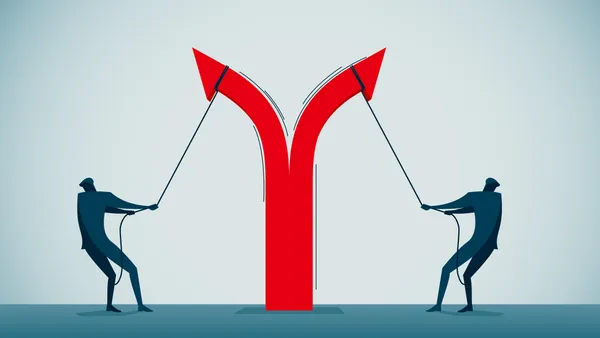U.S. consumer spending posted the smallest gain since August while inflation continued to show signs of firming, with one measure showing its biggest annual gain in nearly five years.
The Commerce Department said personal consumption rose a seasonally adjusted 0.1% in February after a unrevised 0.2% jump in January. Economists polled by Reuters had forecast consumer spending would rise 0.2% last month.
According to Reuters, the slowdown in spending reflected delays in the payment of income tax refunds and is likely to be temporary with consumer confidence at a more than 16-year high and a tightening labor market pushing up wage growth.
Personal income rose 0.4% last month after advancing 0.5% in January, while wages increased 0.5%, the biggest gain in five months.
“Given the weather-related weakness in utilities spending as well as some delays in tax refunds for low- and middle-income earners in February, we expect consumer spending to strengthen in the quarters ahead,” said Eugenio Aleman, a senior economist at Wells Fargo Securities in Charlotte, N.C.
The weakness in consumer spending resulted in the Atlanta Federal Reserve trimming its first-quarter economic growth estimate by one-tenth of a percentage point to a 0.9% annualized rate. But even with growth slowing at the start of the year, inflation is rising.
The personal consumption expenditures (PCE) price index gained 0.1% last month after jumping 0.4$ in January, bringing the year-on-year rate of increase to 2.1%, the biggest gain since April 2012.
The core PCE index, which excludes food and energy, rose 1.8% year-on-year for the second straight month, still below the Federal Reserve’s target of 2.0%. But inflation is now in the upper end of the range that Fed officials in March felt would be reached this year.
“There is nothing in this report that suggests the Fed should pause in June in its gradual renormalization of monetary policy but the Fed will look closely at the evolution of core inflation over the next two months in making that decision,” said John Ryding, chief economist at RDQ Economics in New York.












